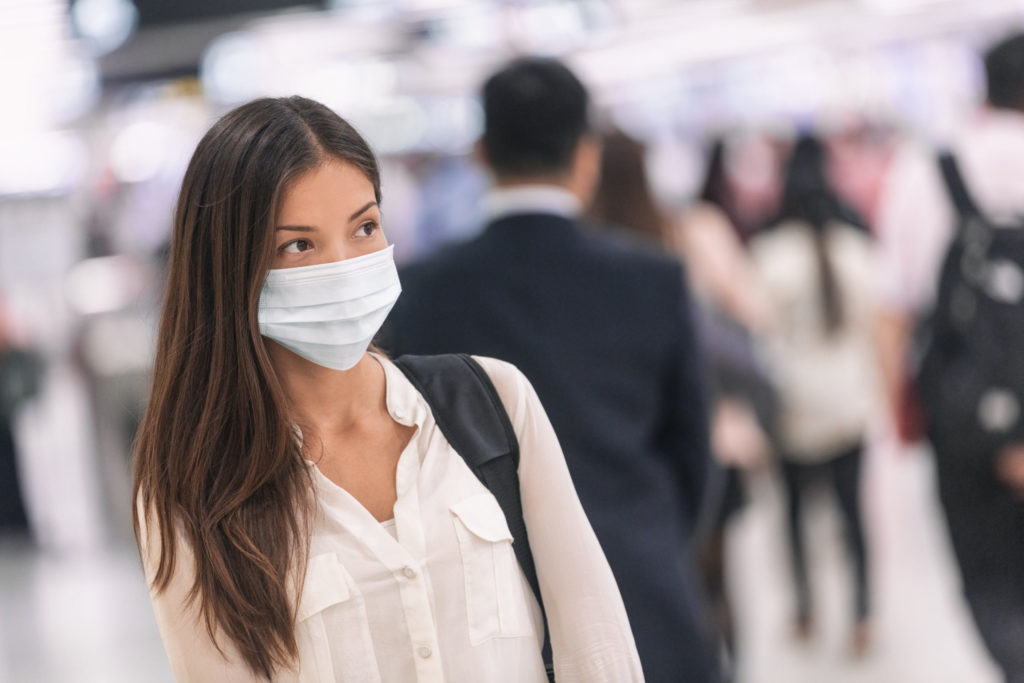
Leaders align on the goal of expanding vaccination globally. While western nations have made steady progress, however, countries such as Brazil and India continue to see COVID-19 deaths rise. Perhaps that’s why India, along with South Africa, is at the forefront of the movement to waive patent rights – a measure the nations’ leaders believe will improve access to vaccines.
The waiver picked up support from U.S. President Joe Biden earlier this month, but leaders of Germany, the UK and Canada, among others, reject the proposal.
Policy Considerations
To protect public health both now and in the future, policymakers must consider several issues as they debate the question of waiving patent protections. These include:
Next Steps
President Biden’s decision lends support to the World Trade Organization proposal, but the idea still requires negotiation before ratification. This process is expected to take months, during which the text of the proposal could change given widespread opposition.
Battered by a year of mounting deaths, rampant virus spread and social disruption, nations across the globe are eager for widespread vaccination. Now it’s up to policymakers to determine whether giving desperate nations patent waivers will actually cure what ails them.
Recent Posts

Global Alliance for Patient Access
© 2026 GAfPA. All Rights Reserved
| Cookie | Duration | Description |
|---|---|---|
| cookielawinfo-checkbox-analytics | 11 months | This cookie is set by GDPR Cookie Consent plugin. The cookie is used to store the user consent for the cookies in the category "Analytics". |
| cookielawinfo-checkbox-functional | 11 months | The cookie is set by GDPR cookie consent to record the user consent for the cookies in the category "Functional". |
| cookielawinfo-checkbox-necessary | 11 months | This cookie is set by GDPR Cookie Consent plugin. The cookies is used to store the user consent for the cookies in the category "Necessary". |
| cookielawinfo-checkbox-others | 11 months | This cookie is set by GDPR Cookie Consent plugin. The cookie is used to store the user consent for the cookies in the category "Other. |
| cookielawinfo-checkbox-performance | 11 months | This cookie is set by GDPR Cookie Consent plugin. The cookie is used to store the user consent for the cookies in the category "Performance". |
| viewed_cookie_policy | 11 months | The cookie is set by the GDPR Cookie Consent plugin and is used to store whether or not user has consented to the use of cookies. It does not store any personal data. |